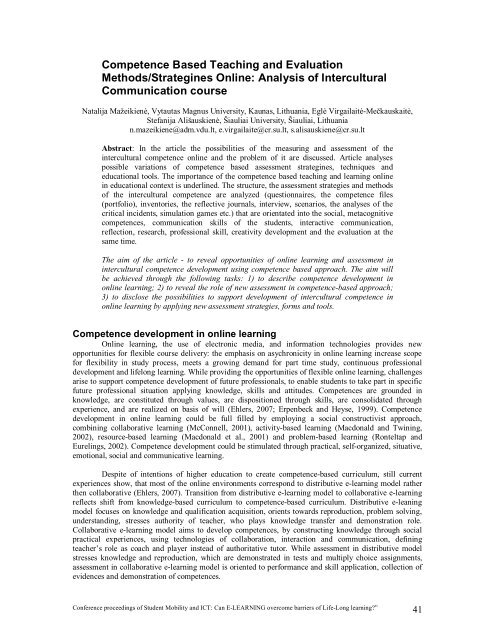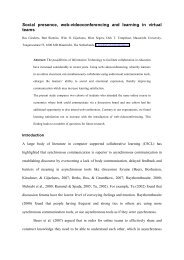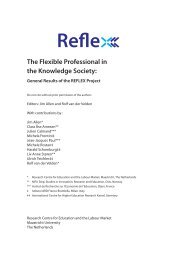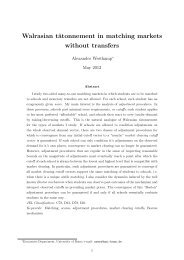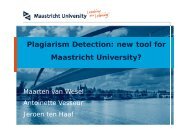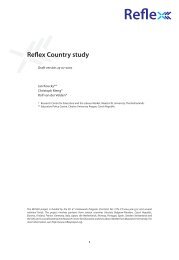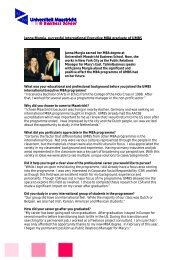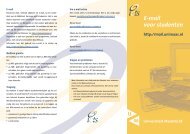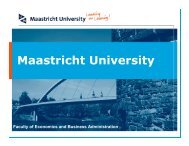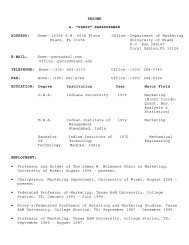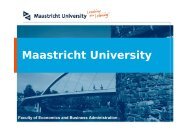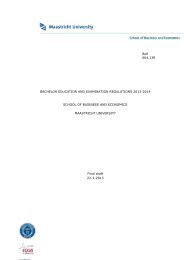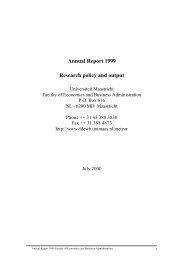proceedings of Student Mobility and ICT: Can E-LEARNING
proceedings of Student Mobility and ICT: Can E-LEARNING
proceedings of Student Mobility and ICT: Can E-LEARNING
You also want an ePaper? Increase the reach of your titles
YUMPU automatically turns print PDFs into web optimized ePapers that Google loves.
Competence Based Teaching <strong>and</strong> Evaluation<br />
Methods/Strategines Online: Analysis <strong>of</strong> Intercultural<br />
Communication course<br />
Natalija Mažeikien, Vytautas Magnus University, Kaunas, Lithuania, Egl Virgailait-Mekauskait,<br />
Stefanija Ališauskien, Šiauliai University, Šiauliai, Lithuania<br />
n.mazeikiene@adm.vdu.lt, e.virgailaite@cr.su.lt, s.alisauskiene@cr.su.lt<br />
Abstract: In the article the possibilities <strong>of</strong> the measuring <strong>and</strong> assessment <strong>of</strong> the<br />
intercultural competence online <strong>and</strong> the problem <strong>of</strong> it are discussed. Article analyses<br />
possible variations <strong>of</strong> competence based assessment strategines, techniques <strong>and</strong><br />
educational tools. The importance <strong>of</strong> the competence based teaching <strong>and</strong> learning online<br />
in educational context is underlined. The structure, the assessment strategies <strong>and</strong> methods<br />
<strong>of</strong> the intercultural competence are analyzed (questionnaires, the competence files<br />
(portfolio), inventories, the reflective journals, interview, scenarios, the analyses <strong>of</strong> the<br />
critical incidents, simulation games etc.) that are orientated into the social, metacognitive<br />
competences, communication skills <strong>of</strong> the students, interactive communication,<br />
reflection, research, pr<strong>of</strong>essional skill, creativity development <strong>and</strong> the evaluation at the<br />
same time.<br />
The aim <strong>of</strong> the article - to reveal opportunities <strong>of</strong> online learning <strong>and</strong> assessment in<br />
intercultural competence development using competence based approach. The aim will<br />
be achieved through the following tasks: 1) to describe competence development in<br />
online learning; 2) to reveal the role <strong>of</strong> new assessment in competence-based approach;<br />
3) to disclose the possibilities to support development <strong>of</strong> intercultural competence in<br />
online learning by applying new assessment strategies, forms <strong>and</strong> tools.<br />
Competence development in online learning<br />
Online learning, the use <strong>of</strong> electronic media, <strong>and</strong> information technologies provides new<br />
opportunities for flexible course delivery: the emphasis on asychronicity in online learning increase scope<br />
for flexibility in study process, meets a growing dem<strong>and</strong> for part time study, continuous pr<strong>of</strong>essional<br />
development <strong>and</strong> lifelong learning. While providing the opportunities <strong>of</strong> flexible online learning, challenges<br />
arise to support competence development <strong>of</strong> future pr<strong>of</strong>essionals, to enable students to take part in specific<br />
future pr<strong>of</strong>essional situation applying knowledge, skills <strong>and</strong> attitudes. Competences are grounded in<br />
knowledge, are constituted through values, are dispositioned through skills, are consolidated through<br />
experience, <strong>and</strong> are realized on basis <strong>of</strong> will (Ehlers, 2007; Erpenbeck <strong>and</strong> Heyse, 1999). Competence<br />
development in online learning could be full filled by employing a social constructivist approach,<br />
combining collaborative learning (McConnell, 2001), activity-based learning (Macdonald <strong>and</strong> Twining,<br />
2002), resource-based learning (Macdonald et al., 2001) <strong>and</strong> problem-based learning (Ronteltap <strong>and</strong><br />
Eurelings, 2002). Competence development could be stimulated through practical, self-organized, situative,<br />
emotional, social <strong>and</strong> communicative learning.<br />
Despite <strong>of</strong> intentions <strong>of</strong> higher education to create competence-based curriculum, still current<br />
experiences show, that most <strong>of</strong> the online environments correspond to distributive e-learning model rather<br />
then collaborative (Ehlers, 2007). Transition from distributive e-learning model to collaborative e-learning<br />
reflects shift from knowledge-based curriculum to competence-based curriculum. Distributive e-leaning<br />
model focuses on knowledge <strong>and</strong> qualification acquisition, orients towards reproduction, problem solving,<br />
underst<strong>and</strong>ing, stresses authority <strong>of</strong> teacher, who plays knowledge transfer <strong>and</strong> demonstration role.<br />
Collaborative e-learning model aims to develop competences, by constructing knowledge through social<br />
practical experiences, using technologies <strong>of</strong> collaboration, interaction <strong>and</strong> communication, defining<br />
teacher’s role as coach <strong>and</strong> player instead <strong>of</strong> authoritative tutor. While assessment in distributive model<br />
stresses knowledge <strong>and</strong> reproduction, which are demonstrated in tests <strong>and</strong> multiply choice assignments,<br />
assessment in collaborative e-learning model is oriented to performance <strong>and</strong> skill application, collection <strong>of</strong><br />
evidences <strong>and</strong> demonstration <strong>of</strong> competences.<br />
Conference <strong>proceedings</strong> <strong>of</strong> <strong>Student</strong> <strong>Mobility</strong> <strong>and</strong> <strong>ICT</strong>: <strong>Can</strong> E-<strong>LEARNING</strong> overcome barriers <strong>of</strong> Life-Long learning?” 41


